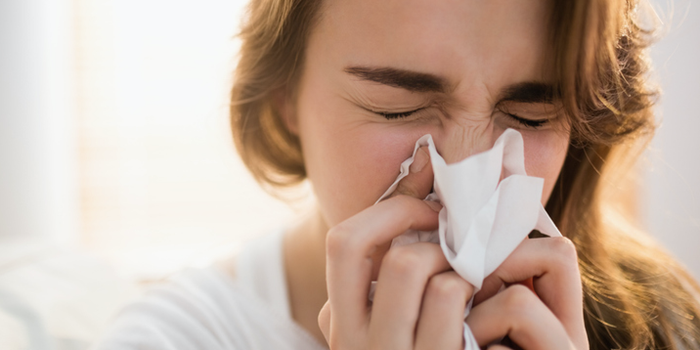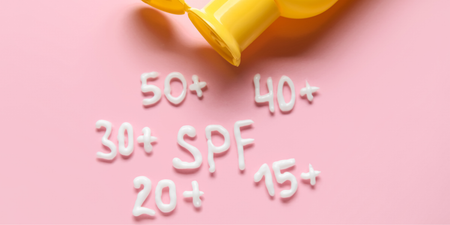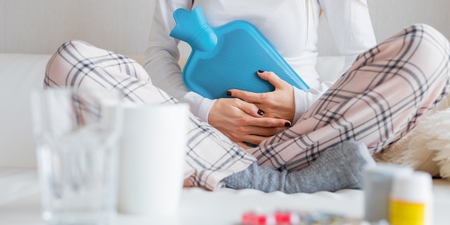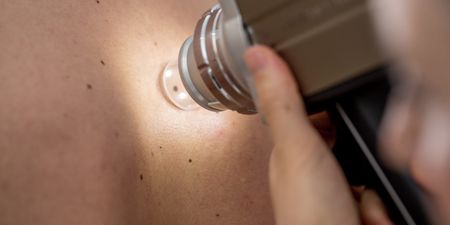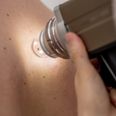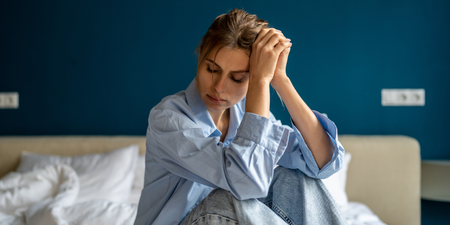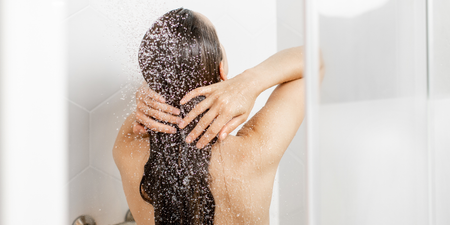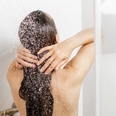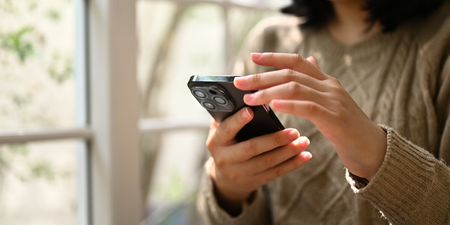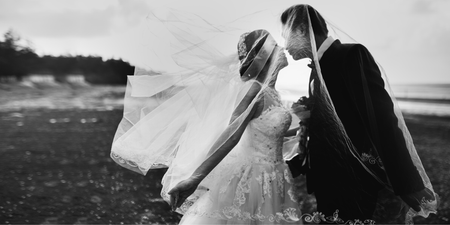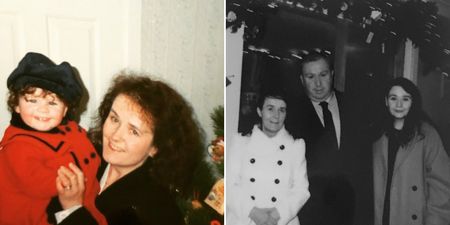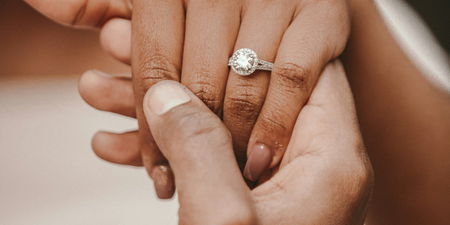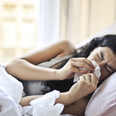Hay fever, in other words, hashtag help me.
Summer is by far my favourite season yet as I sit here enjoying the sun bake in the window, I’m also suffering from an internal battle of my nose itching, my eyes burning and crying, and beating my PB daily for the most sneezes in a minute. Hay fever is anything but delightful.
So, if you’ve just been greeted by the allergy that is hay fever, firstly, welcome to the club and secondly, know that you’re among friends and it actually is very manageable and treatable in a simple few steps.
So what EXACTLY is hay fever?
Hay fever is an allergy caused by pollen and spores travelling through the air, causing an allergic reaction, and making the inside of your nose inflamed.

It’s more common between the months of March and September as there’s more pollen present floating around the air.
What symptoms will you notice?
Like most allergies, everyone experiences different symptoms, however, there are a few that are quite common across the board and these include a runny nose, watery eyes, an itchy throat, and plenty of sneezing, the bane of my life.

Less common symptoms of hay fever include facial pain caused by blocked sinuses, a loss of smell, and headaches.
But the most pressing question… how do you treat it?
There are a lot of simple things you can do to manage your hay fever and make it a lot more bearable, these include avoiding grassy areas, showering and washing your hair before bed (vital), wearing sunglasses and lastly, making sure to give your pets a clean after they’ve been outside.
Another very useful tip by nurse and advisor, Holly Shaw, who has plenty of knowledge in this field spoke to the Irish Examiner saying:
“Pollen can enter rooms and provide a constant stream of aeroallergens.”
“Pollen can be brought into the home by a variety of modes. A common cause is coming in through open windows, which are often opened early in the morning and/or evening, when pollen counts are highest.”
Note to self: Keep windows closed when possible and hoover in the evening. Sorted.

What else can I do?
The most common medical treatments are antihistamine tablets and nasal sprays most of which can be bought over the counter, though other stronger options will require a prescription.
A visit to your GP will help to answer any queries or troubles you might be having with the allergy plus, if it is particularly bad, your doctor might recommend a course of oral corticosteroids or even injections to relieve your symptoms.
